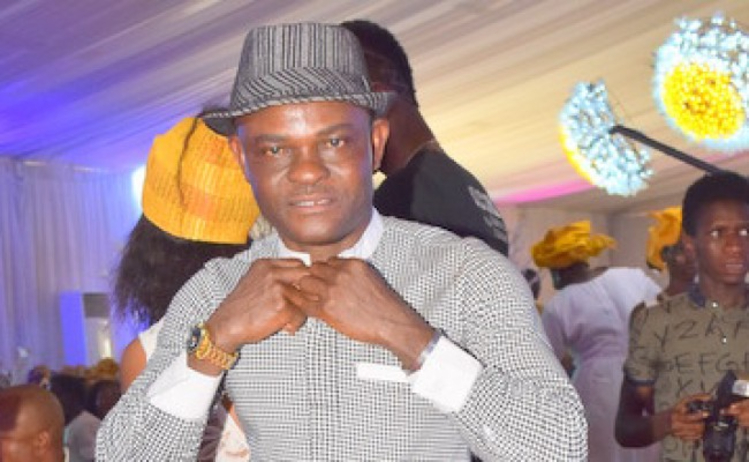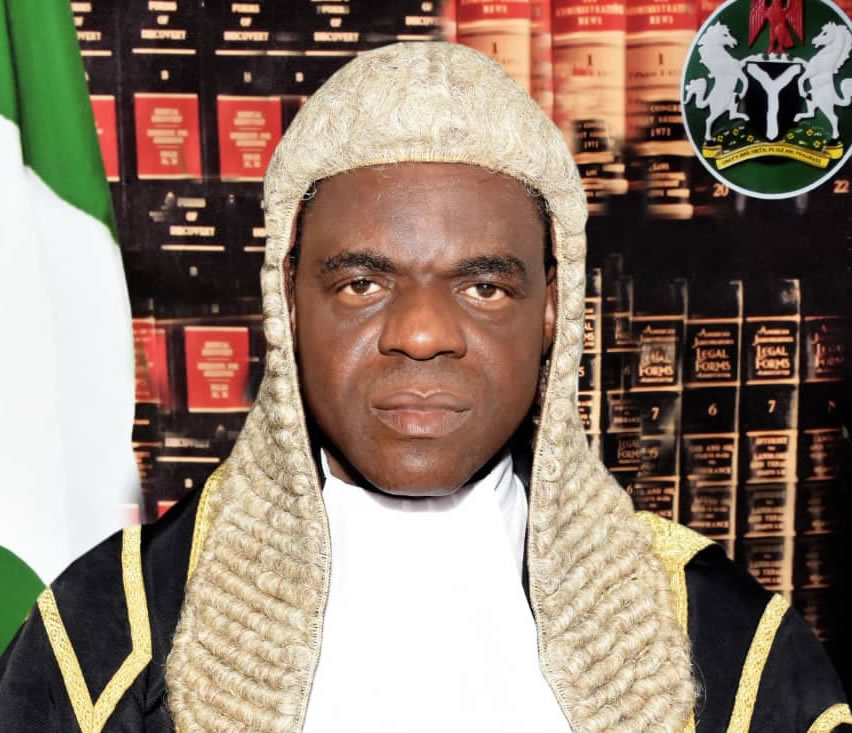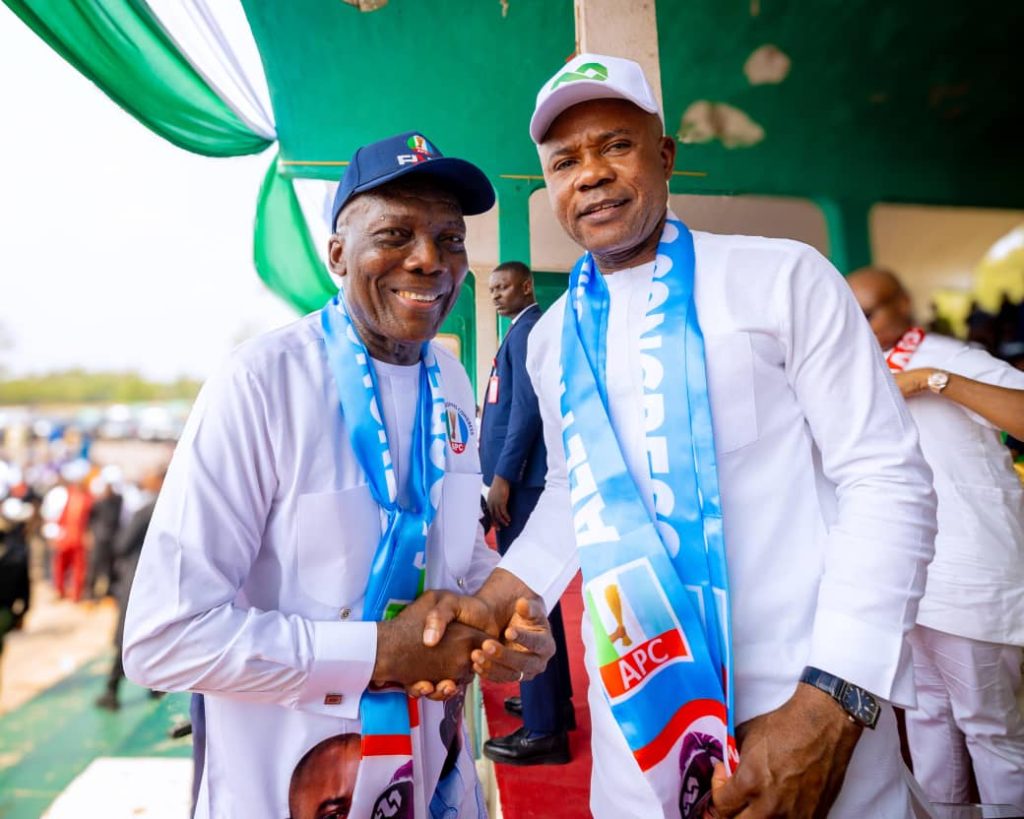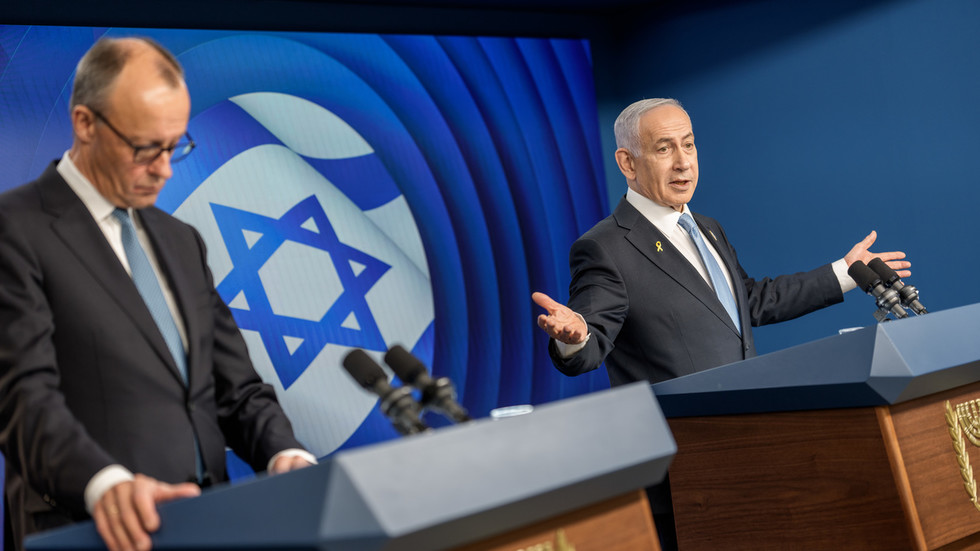A political aide to Nigeria’s Federal Capital Territory Minister, Nyesom Wike, has publicly dismissed claims by former Transport Minister Rotimi Amaechi that he can defeat President Bola Tinubu in the 2027 elections. The exchange, unfolding on social media, highlights simmering tensions within Nigeria’s political landscape as early posturing for the next presidential race begins.
Amaechi, a two-term governor of Rivers State and former close ally of Tinubu, asserted during a recent discussion on X (formerly Twitter) Spaces that he understands the president’s vulnerabilities and could challenge him if granted a ticket by the opposition African Democratic Congress (ADC). “I know Tinubu’s weaknesses,” Amaechi stated, signaling a potential shift away from the ruling All Progressives Congress (APC), under which he contested the party’s 2022 presidential primary but lost to Tinubu.
Responding sharply on the same platform, Lere Olayinka, Wike’s spokesperson, ridiculed Amaechi’s confidence, citing his electoral defeats by Wike in past contests. In a series of posts, Olayinka labeled Amaechi a “hungry man” and questioned his credibility as a challenger. “In 2015, as a sitting governor, Amaechi lost to Wike. In 2019, as a federal minister, he lost again. Even in 2023, fresh out of office, he was defeated by the same person,” Olayinka wrote. “Now he claims he can unseat a sitting president? This is comedy.”
The exchange underscores longstanding rivalries within Nigerian politics. Amaechi and Wike, both influential figures from the oil-rich Rivers State, have clashed repeatedly over regional control. Wike, now a key Tinubu ally after defecting from the opposition Peoples Democratic Party (PDP) in 2023, has leveraged federal connections to consolidate influence, while Amaechi’s political trajectory has faltered since leaving government in May 2023.
Analysts note Amaechi’s remarks may signal efforts to revive his profile through opposition channels, though skepticism persists. His reference to the ADC—a lesser-known party with limited national reach—raises questions about practical electoral viability. Meanwhile, Olayinka’s pointed jabs reflect broader APC strategies to minimize dissent by highlighting opponents’ past failures.
With Tinubu’s administration grappling with economic reforms and security challenges, early declarations like Amaechi’s offer a glimpse into potential fractures within Nigeria’s ruling class. However, the 2027 race remains distant, and political alignments are likely to shift in the intervening years. For now, the war of words serves as a reminder of the combative theatrics shaping the nation’s democracy.



